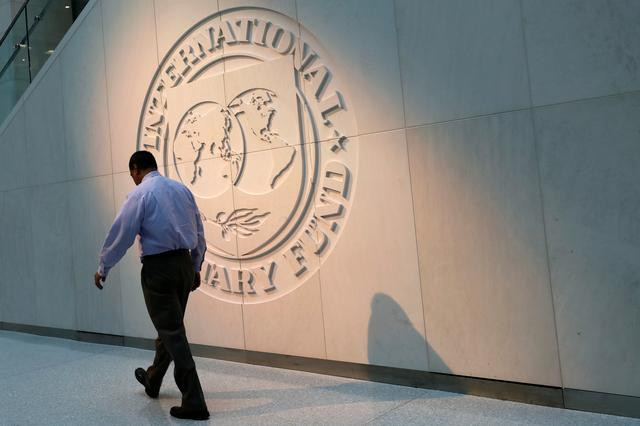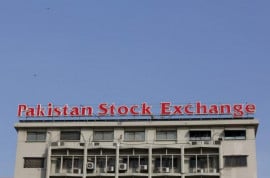
The war in Ukraine has undercut the global recovery, slowing expected economic growth in most countries in the world, IMF Managing Director Kristalina Georgieva said on Thursday.
Beyond the humanitarian tragedy and economic crises, the war has exposed fractures in the international system at a time when global cooperation is the only solution, she said.
The war hit as the world was struggling to recover from the ongoing impact of the Covid-19 pandemic, and has caused an acceleration of inflation that endangers the gains of the past two years.
“To put it simply, we are facing a crisis on top of a crisis,” Georgieva said in a speech ahead of the spring meetings of the IMF and World Bank.
“The economic consequences from the war spread fast and far, to neighbours and beyond, hitting hardest the world’s most vulnerable people,” she said.
Families were already struggling with higher energy and food prices and “the war has made this much worse.”
The IMF is due to release its updated economic forecasts on Tuesday, which Georgieva said will further downgrade the estimate for global growth that was cut to 4.4% in January.
“Since then, the outlook has deteriorated substantially, largely because of the war and its repercussions,” she said, and 143 countries will suffer downgrades.
While most will still achieve positive growth, the future is “extraordinarily uncertain,” and she warned of a deep divide between rich and poor countries.
After a decade of low inflation, prices worldwide have surged amid strong demand for goods that outstripped supply as economies began to return to normal, but the Russian invasion of Ukraine in late February and the sanctions imposed on Moscow pushed fuel and food prices up sharply.
Ukraine and Russia are major grain producers, and Russia also is a key source of energy for Europe.
“The root cause of what we face today is the war and it is the war that must end,” Georgieva said in a discussion following her speech to the Carnegie Endowment for International Peace.
Inflation, which has hit a four-decade high in the United States, “has become a clear and present danger,” she said, noting the trend will likely last longer than expected.
“This is a massive setback for the global recovery,” she said.
It also complicates policymaking: major central banks are raising interest rates to contain prices, but that increases borrowing costs for emerging markets and developing nations, which face high debt burdens.
Published in The Express Tribune, April 15th, 2022.
Like Business on Facebook, follow @TribuneBiz on Twitter to stay informed and join in the conversation.



1730948380-0/Kamala-(1)1730948380-0-165x106.webp)














COMMENTS
Comments are moderated and generally will be posted if they are on-topic and not abusive.
For more information, please see our Comments FAQ